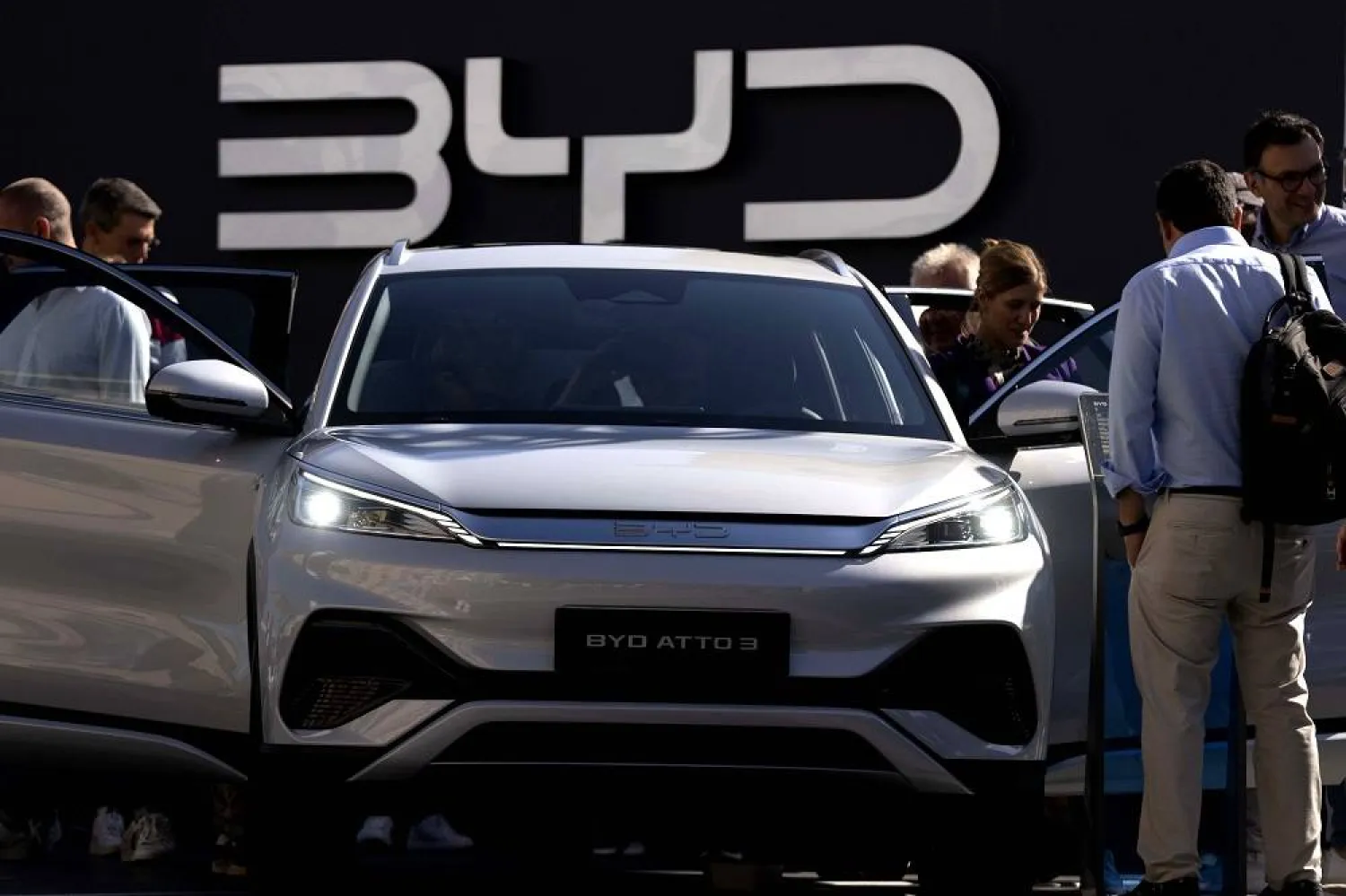China’s energy and auto giant BYD has announced an ultra fast EV charging system that it says is nearly as quick as a fill up at the pumps.
BYD, China's largest EV maker, said Monday that its flash-chargers can provide a full charge for its latest EVs within five to eight minutes, similar to the amount of time needed to fill a fuel tank. It plans to build more than 4,000 of the new charging stations across China.
Charging times and limited ranges have been a major factor constraining the switch from gas and diesel vehicles to EVs, though Chinese drivers have embraced that change, with sales of battery powered and hybrid vehicles jumping 40% last year.
BYD's news appeared to give Tesla a jolt on Monday, as the US EV maker's share price sank 4.8%. BYD, which stands for build your dreams, began pre-sales of its Han L and Tang L models, which are upgraded versions of earlier models.
The Chinese company started out making batteries and has been refining its battery and energy storage technology while building an auto empire that is expanding outside China. It says its 1 megawatt flash chargers can provide power for 400 kilometers (nearly 250 miles) in five minutes.
Ultra-high voltage and a large current are required to maximize charging speeds, BYD's founder Wang Chuanfu said in a statement.
“To completely solve users' anxiety over charging, our pursuit is to make the charging time for EVs as short as the refueling time for fuel vehicles,” Wang said.
The company also said that its flash-charging system relies on silicon carbide power chips with voltage levels of up to 1,500V that it developed on its own. Its Blade lithium-ion phosphate battery is perhaps the world's safest and most efficient EV battery, with Tesla opting to use it in some of its EVs, industry analyst Michael Dunne said in a recent report.
BYD reported it made just over 4.3 million “new energy vehicles” last year, up 41% from a year earlier, including 1.8 million battery electric vehicles and 2.5 million plug in hybrids. The price of its shares traded on China's smaller market in Shenzhen has surged nearly 50% in the past six months.
While BYD's fanciest, latest premium models are expected to sell for up to about $40,000, it also makes much less expensive EVs including the Seagull, which sells for around $12,000 in China.
BYD barely nudged ahead of Tesla in production of battery-powered EVs in 2024, making 1,777,965 compared with Tesla's 1,773,443.
In early January, Tesla said its sales dropped in 2024, a first in more than a dozen years, as rivals such as BMW, Volkswagen and BYD gained market shares with competitive EVs.
But BYD has weaknesses as well, Dunne said, noting that JD Power's 2024 China New Energy Vehicle Initial Quality Study ranked the BYD Seal and BYD Song Plus battery electrics at the bottom of its rankings.









